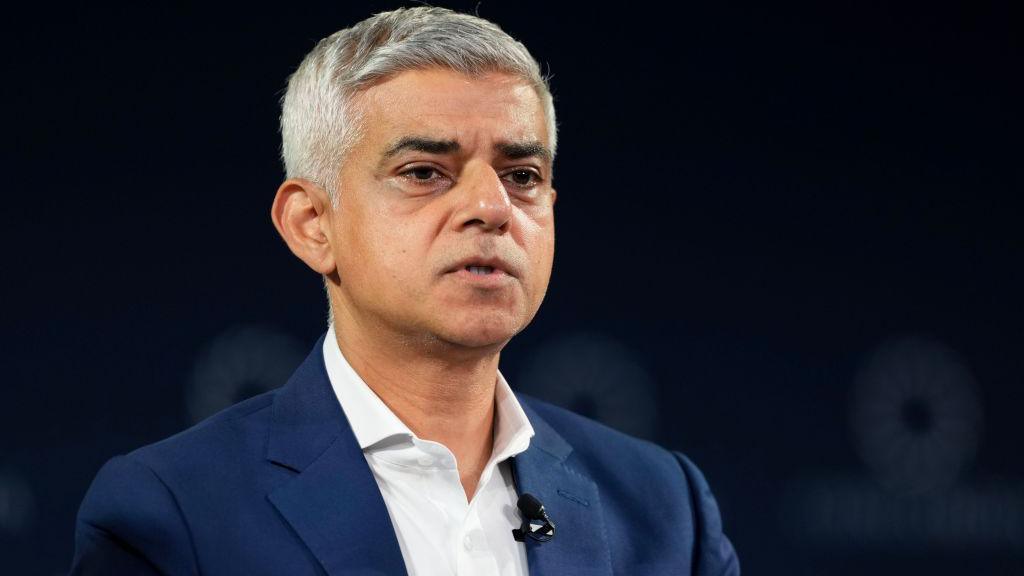Transport for London faces £23m funding shortfall
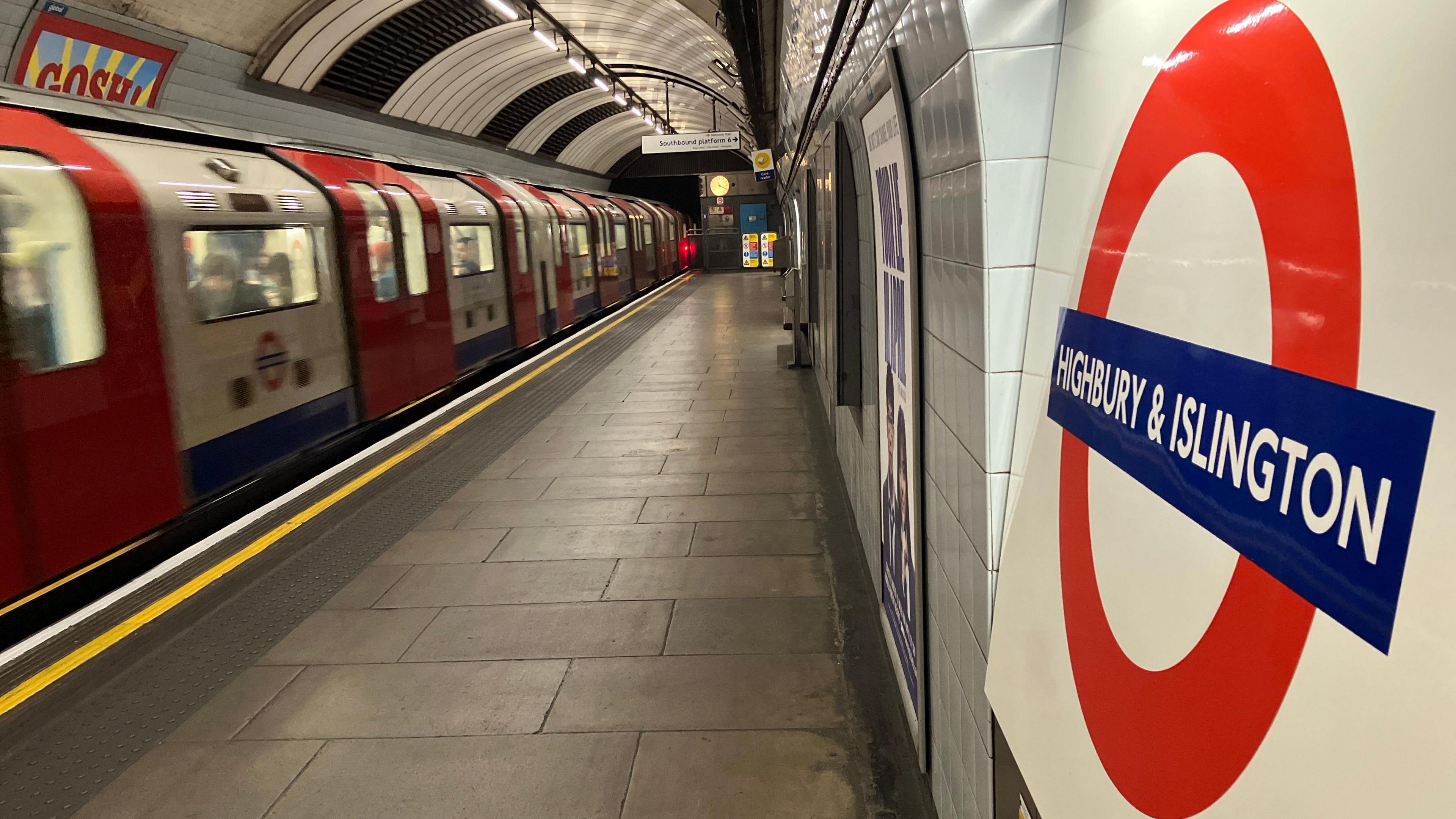
TfL's overall budget for gross service expenditure in 2024-2025 is £9.4bn
- Published
Transport for London (TfL) is being forced to find more than £20m in savings over the coming year due to the government's increase in employers' National Insurance (NI) contributions.
It emerged at a City Hall meeting on Thursday that despite ministers providing significant support to public bodies to help them cover the NI hike, TfL is facing a shortfall of £23m.
TfL sources insisted that the funding gap did not require any reduction in staff, although it was currently unclear how the necessary savings would be made.
The Department for Transport (DfT) said TfL was to receive and additional £500m in government funding.
From April, the rate that employers pay in NI contributions will rise from 13.8% to 15% on a worker's earnings above £175.
The threshold at which employers start paying the tax on each employee's salary will be reduced from £9,100 per year to £5,000.
Chancellor Rachel Reeves has consistently defended her Budget, acknowledging she had made "difficult decisions" but that they were "the right decisions in the national interest".
But Neil Garratt, leader of City Hall Conservatives, said on social media that the cost of "Labour's jobs tax" was "hammering" TfL.
Speaking to the London Assembly's budget and performance committee, David Bellamy, chief of staff for London's Labour mayor Sir Sadiq Khan, admitted the government had "not provided as much money as we would have hoped for".
'Pension scheme progress'
While grant funding has been provided to cover the complete cost of the NI increase at the Metropolitan Police, the same has not been true for TfL or the London Fire Commissioner (LFC) – the City Hall body responsible for governing the capital's fire brigade.
The LFC's shortfall is £2.5m, a funding gap which Sir Sadiq has plugged using money from business rates but it remains unclear how TfL will plug its own, much larger, £23m funding gap.
The transport authority's overall budget for gross service expenditure in 2024-2025 is £9.4bn.
Mr Bellamy said: "There's clearly an issue, and we've spoken to the government about this and they understand it, that the model they used for allocating funding was very much based on a local authority view of the world, where local authorities tend to have relatively restricted sources of income, other than council tax and business rates.
"Whereas, with TfL, it clearly has billions of pounds worth of income from fares, and that didn't factor into the government's formula.
"It will affect transport authorities across the country as well – it's just the decision the government took on how to assign the available funding."
Mr Bellamy added that TfL had already "significantly reduced costs going into next year" with London Underground staffing "because of the progress made on the cost of the pension scheme".
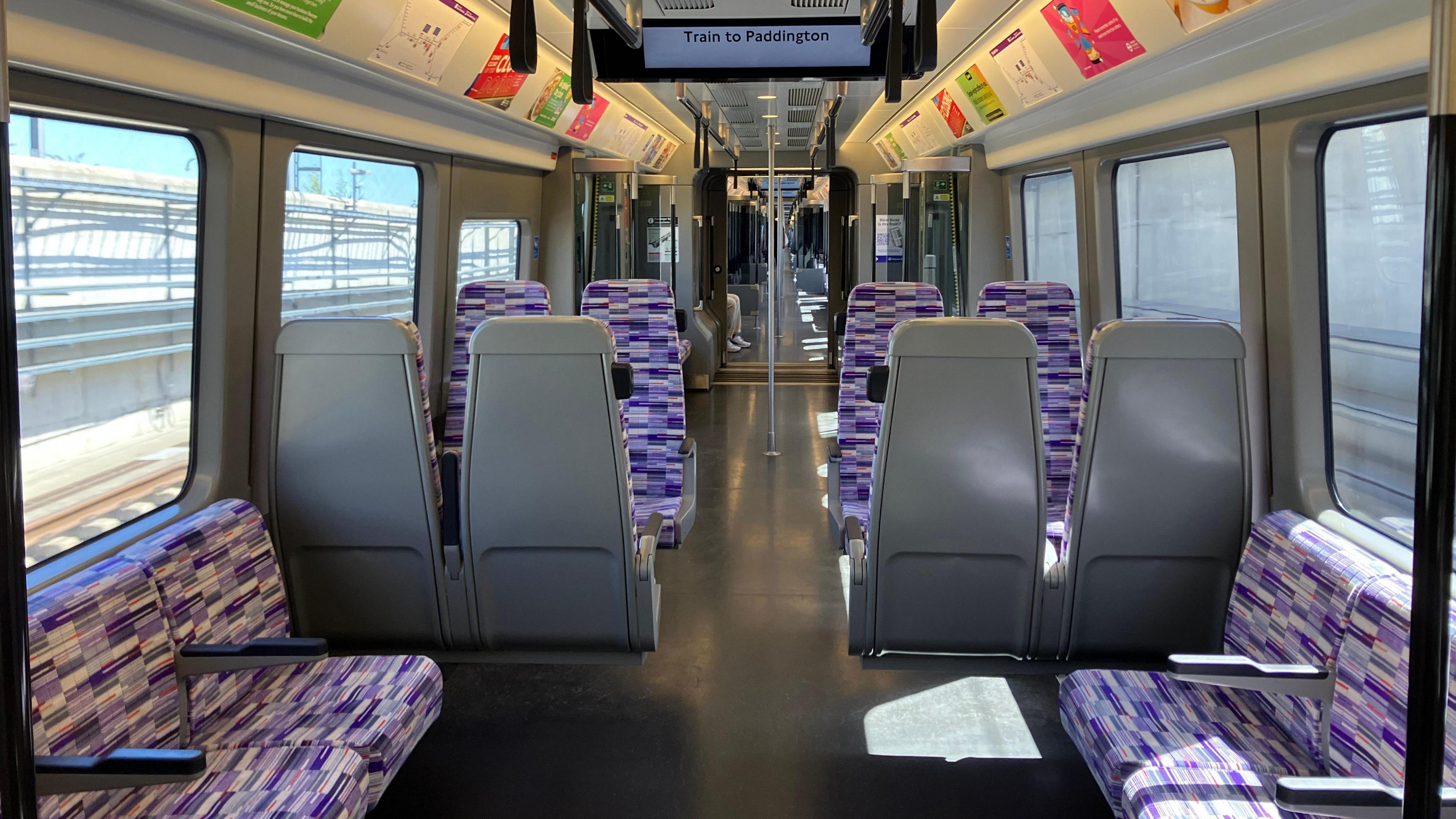
Since opening in May 2022, there have been more than 500 million Elizabeth line journeys
The chief of staff was referring to the fact that, thanks to some high-performing investments, TfL has successfully reduced the proportion it directly pays into staff pensions, from about 27.3% down to 10.5%.
TfL hopes that this saving will help with covering the extra £23m NI cost.
However, in a video posted on X, Mr Garratt said: "Labour's jobs tax is hammering TfL… They [the government] said when they announced it that they would cover the cost for public sector bodies.
"You might think that would cover TfL. It definitely doesn't cover business, which is getting whacked by this… This is Labour's cost in London – it just keeps rising."
A TfL spokesman said they were in talks with the government and would provide a further update on how they would cover any shortfall as part of their annual budget.
The Ministry of Housing, Communities and Local Government said it was providing an additional £2bn of grant funding to local authorities, including £502m to manage the impact of employer National Insurance contributions changes.
"This is part of making available £69bn of funding to councils across England to help them drive forward the government's Plan for Change, including a 3.1% increase for the Greater London Authority, taking Core Spending Power to £3.2bn next year," the department added.
A DfT spokesperson said the extra funds TfL would receive would have "positive impacts right across the country, directly supporting nearly a thousand jobs in Yorkshire and Derbyshire alone and helping many more in the wider supply chain".
Listen to the best of BBC Radio London on Sounds and follow BBC London on Facebook, external, X, external and Instagram, external. Send your story ideas to hello.bbclondon@bbc.co.uk, external
- Published10 September 2021
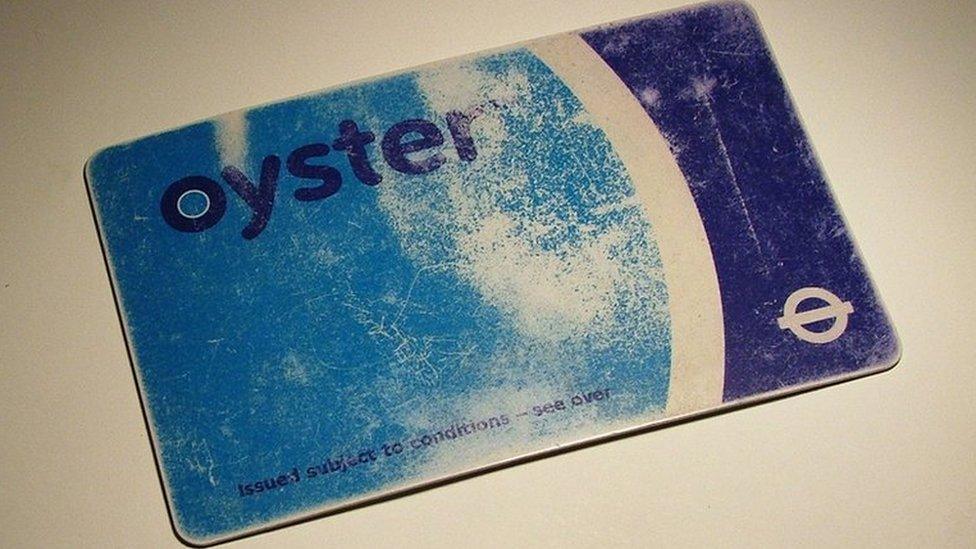
- Published13 December 2024
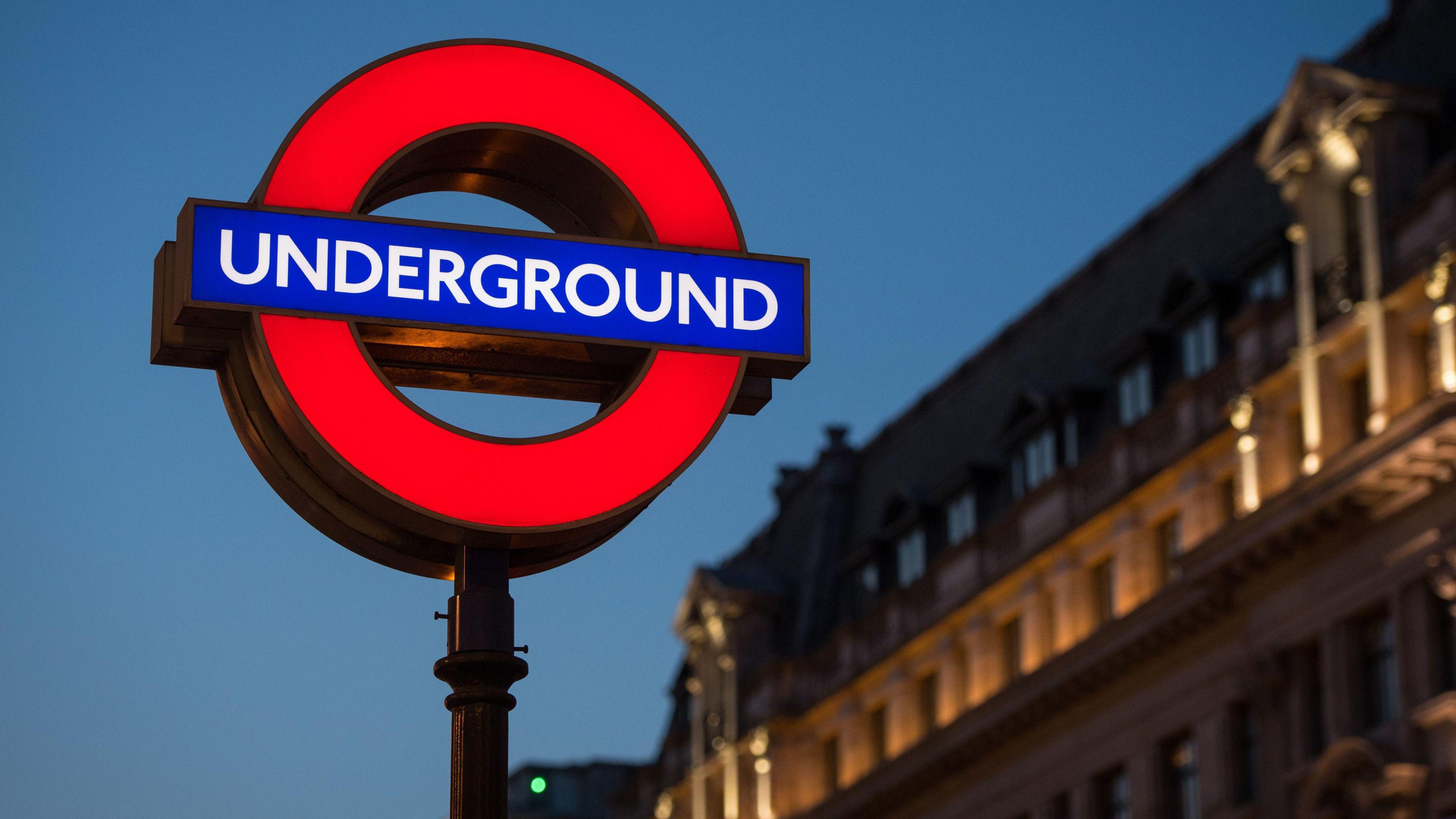
- Published25 October 2024
